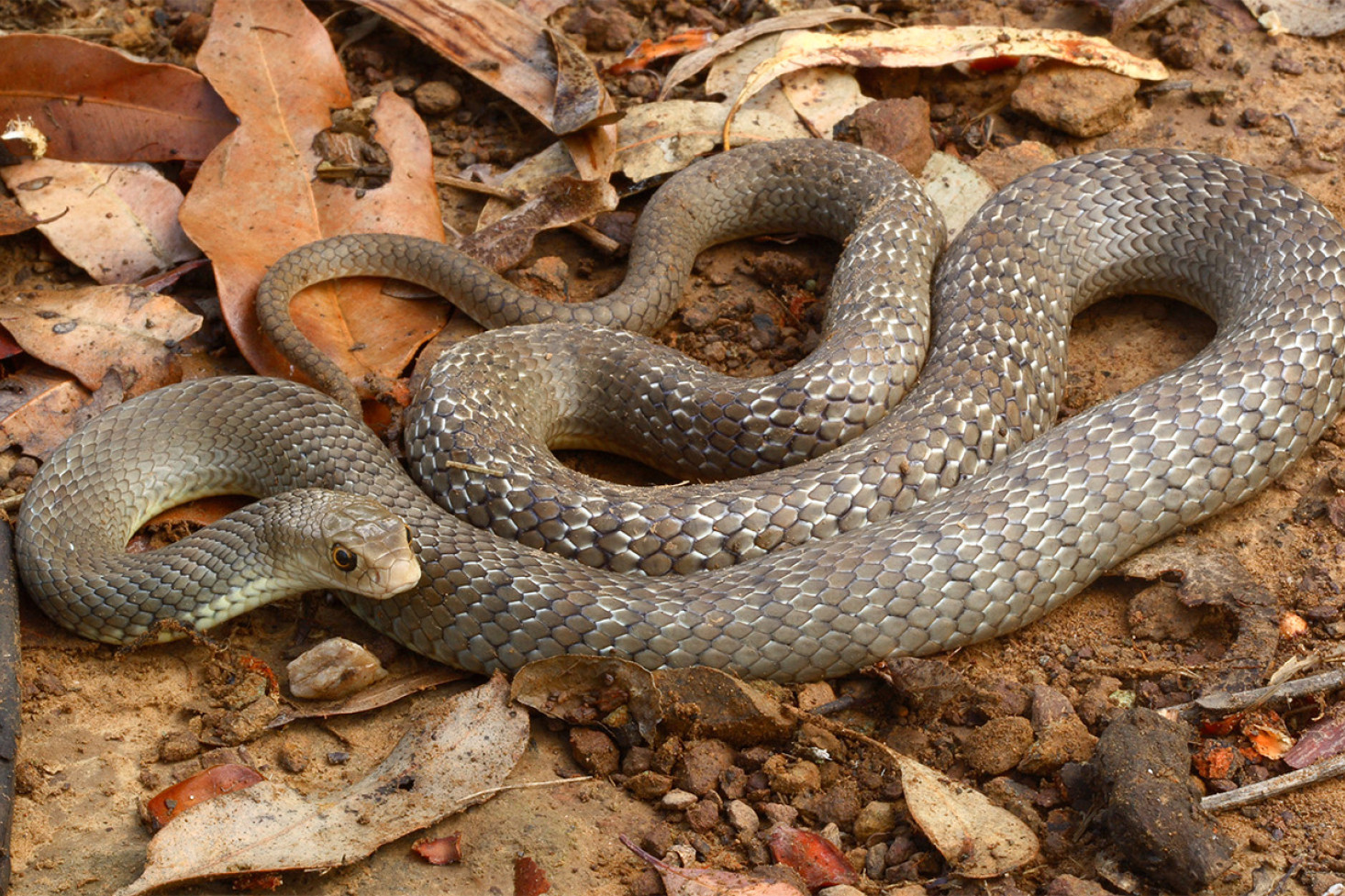General News
18 November, 2024
Stay safe this snake season
As warmer weather sets in, Darling Downs Health is reminding local residents to be on the lookout for snakes.

In the first two months of snake season, September and October, 39 people presented to emergency departments with snake bite injuries within the Darling Downs region.
This is compared to 41 people presenting to local emergency departments within the same period in 2023, and 34 in 2022.
Executive Director Rural, Dr Chris Cowling said it is important to know how to apply effective first aid for snake bites, particularly when bushwalking or spending time in more remote areas.
“While snake encounters can occur year-round, typically, we see an increase in snake bite presentations to our emergency departments in spring and summer, Dr Cowling said.
“This is a timely reminder for residents to be vigilant and avoid approaching snakes.
“If you do spot one, the best advice is to simply leave them alone and back away to a safe distance.”
After a snake bite, or suspected snake bite, people should:
Check the snake has gone and is no longer a danger to yourself and the person who’s been bitten.
Check airway, breathing and circulation. If the patient has collapsed, start CPR immediately.
Call Triple Zero (000) for an ambulance to the emergency department of the nearest hospital. Treat any snake bite as an emergency, regardless of whether you think the snake was venomous or not.
Don’t attempt to drive yourself to hospital or walk. Sit or lie down and stay as still as possible.
Apply a pressure immobilisation bandage as soon as possible. Apply a firm bandage over the bite site, and then cover the entire limb.
Immobilise the limb using a splint. Any rigid object may be used as a splint – e.g. spade, piece of wood or tree branch or rolled up newspapers.
Keep still and try to remain calm.
In the case of a snake bite, Dr Cowling also advised what not to do.
“Don’t wash or cut the area, try to suck out the venom, or use a tourniquet,” he said.
“If you find a snake on your property, it’s best to leave it to the experts and call a snake catcher for relocation assistance
The most common snakes responsible for bites resulting in emergency department presentations in Queensland are brown, black, tiger and taipan snakes.


